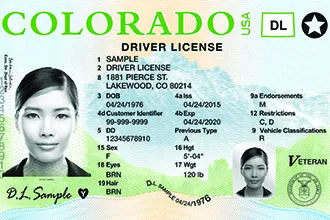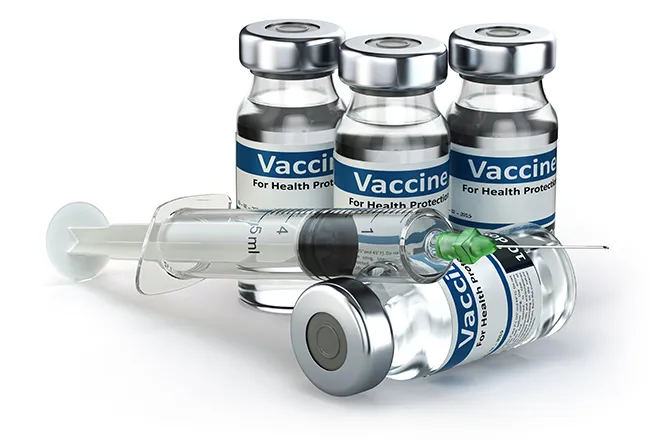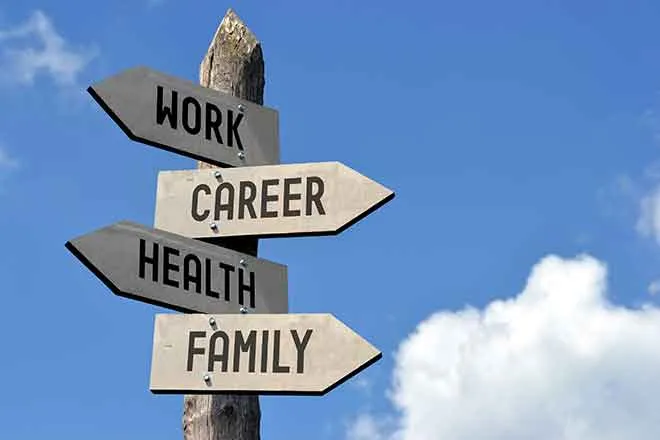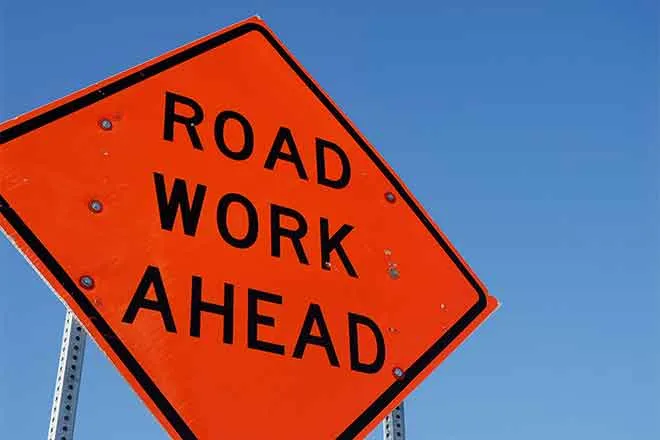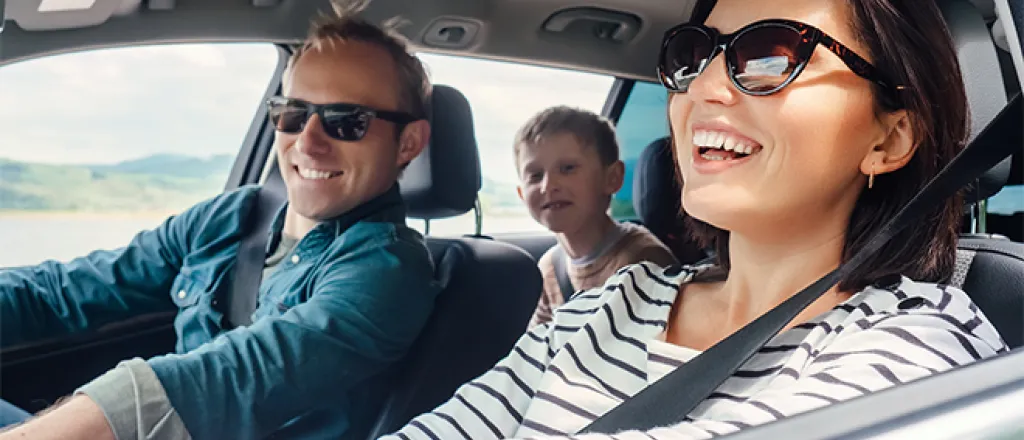
South Dakota removes driver's license barrier for New Americans
Click play to listen to this article.
Starting Tuesday, South Dakota will allow interpreters to accompany driver's license applicants who have limited English proficiency during the road portion of their test.
The new law is meant for non-commercial driver's licenses and was adopted this spring with bipartisan support.
Representative Jana Hunt, R-Dupree, who also is a traveling nurse, was the main sponsor on the House side. She said she was motivated after working with Filipino nurses trying to integrate into local society. In her hometown, Hunt said, transportation barriers are a glaring issue for fellow Filipinos serving as teachers.
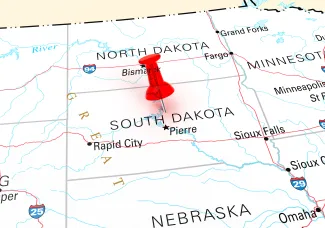
"A lot of them are walking in the middle of winter, however far they have to walk, to get to their job," she said.
Over the past decade, South Dakota's Filipino population has grown by nearly 75 percent. Immigrant support groups have said that in achieving self-sufficiency, driving to work or job interviews makes a big difference.
Under the new law, the Department of Public Safety has to approve the interpreter, and the applicant is responsible for recruiting them and paying their fee.
Hunt said South Dakota is a very "driver-centric" state, and it isn't just getting to and from jobs New Americans have to worry about.
"In my rural area, [if] you want to go to the grocery store, [if] you want to go to any town with a Walmart, it's an hour-and-a-half away from here," she said. "You're not going to get an Uber for that."
In the state's largest city, Senator Liz Larson, D-Sioux Falls, said her district has welcomed immigrants from places such as Nepal, Somalia and Ethiopia. Despite efforts to improve public transportation, she said these folks need more options to get around and establish roots.
"The more we can allow people to be able to start up their economic lives, start their families in school, and make it to health-care appointments, as well as job interviews or jobs themselves," she said. "I think that we are better off economically."

